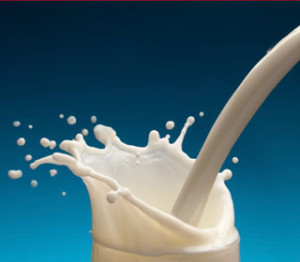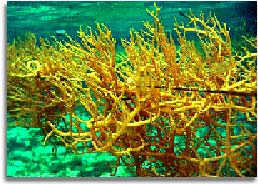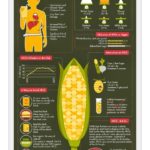Additives in food have been around for thousands of years. The most widely used food additives in North America include sugar, salt and corn syrup. In total, nearly 3000 substances are used as food additives. Another 12,000 find their way into our food supply indirectly, including pesticides!
With thousands of additives, how do we know which ones are safe? Most of us don’t have hours on end to read all the labels on food products in the grocery store. All products surely contain some form of food additive…even food products known to be “organic”. After all, the organic food industry makes 30-billion-a-year, so tweaking the standards and rules is only fair game for most of the big players.
Recently, one of the largest Organic and Standards Programs in the United States was questioned.[i] As their board started to include more of corporate America’s fortune 500 companies, the ingredients that were becoming acceptable on the list of “certified organic” products became questionable.
President of Eden Foods recently was interviewed in the New York Times expressing his frustration with the new “organic” standard.[ii] He was upset over the 250 new non-organic and synthetic ingredients allowed to be in processed organic food! For the full list, click HERE.
One of the most controversial food additives being allowed in organic food that you should look for is “carrageenan”. The table below demonstrates the science on why so many scientists are questioning the “organic” labels intention. Again, this emphasizes the importance of you as a consumer in being educated about all the ingredients in the food you eat and products you buy.
| ADDITIVE OF CONCERN | Info/Uses. | Science /Side Effects |
| Carrageenan | Seaweed-derived thickener.
Highly processed food additive that has no nutritional function whatsoever.Acts as a fat replacer or stabilizer in certain types of dairy products and other processed foods. *** It is the degraded carrageenan formed in our stomach that poses the most concern). |
-Joanne K. Tobacman, an associate professor of medicine at University of Illinois-Chicago, claims that carrageenan causes intestinal inflammation, and she petitioned the USDA not to approve it for organic food.
– Toxic and inflaming to the human digestive system.Rats fed degraded carrageenan have been shown to develop colorectal tumors[iii]. – Degraded (low molecular weight) carageenan can be formed by acid hydrolysis in the stomach. Research shows that this material could promote cancer of the colon. [iv] – International Agency for Research on Cancer (IARC) has labelled carrageenan in class 2B – a possible human Carcinogen [v]. |
Summary of more scientific studies involving carrageenan: http://www.functionalps.com/blog/2011/11/11/carrageenan-inflammation-cancer-immunity/
References:
[i] http://www.ams.usda.gov/AMSv1.0/ams.fetchTemplateData.do?template=TemplateA&navID=NationalOrganicProgram&leftNav=NationalOrganicProgram&page=NOPNationalOrganicProgramHome&acct=AMSPW
[ii] Controversial Organic America: http://www.nytimes.com/2012/07/08/business/organic-food-purists-worry-about-big-companies-influence.html?_r=3&pagewanted=1&utm_source=buffer&buffer_share=acc73&pagewanted=all&
[iii] Taché S, Peiffer G, Millet A-S, Corpet DE. Carrageenan gel and aberrant crypt foci in the colon of conventional and human flora-associated rats. Nutr Cancer 37:193–198 (2000).
[iv] Tobacman JK. Review of harmful gastrointestinal effects of carrageenan in animal experiments. Environ Health Perspect 109:983–994 (2001).
[v] Safety of Carrageenan in Foods. http://www.ncbi.nlm.nih.gov/pmc/articles/PMC1240816/pdf/ehp0110-a0176a.pdf
[vi] Taché S, Peiffer G, Millet A-S, Corpet DE. Carrageenan gel and aberrant crypt foci in the colon of conventional and human flora-associated rats. Nutr Cancer 37:193–198 (2000).
[vii] Tobacman JK. Review of harmful gastrointestinal effects of carrageenan in animal experiments. Environ Health Perspect 109:983–994 (2001).
[viii] Safety of Carrageenan in Foods. http://www.ncbi.nlm.nih.gov/pmc/articles/PMC1240816/pdf/ehp0110-a0176a.pdf





